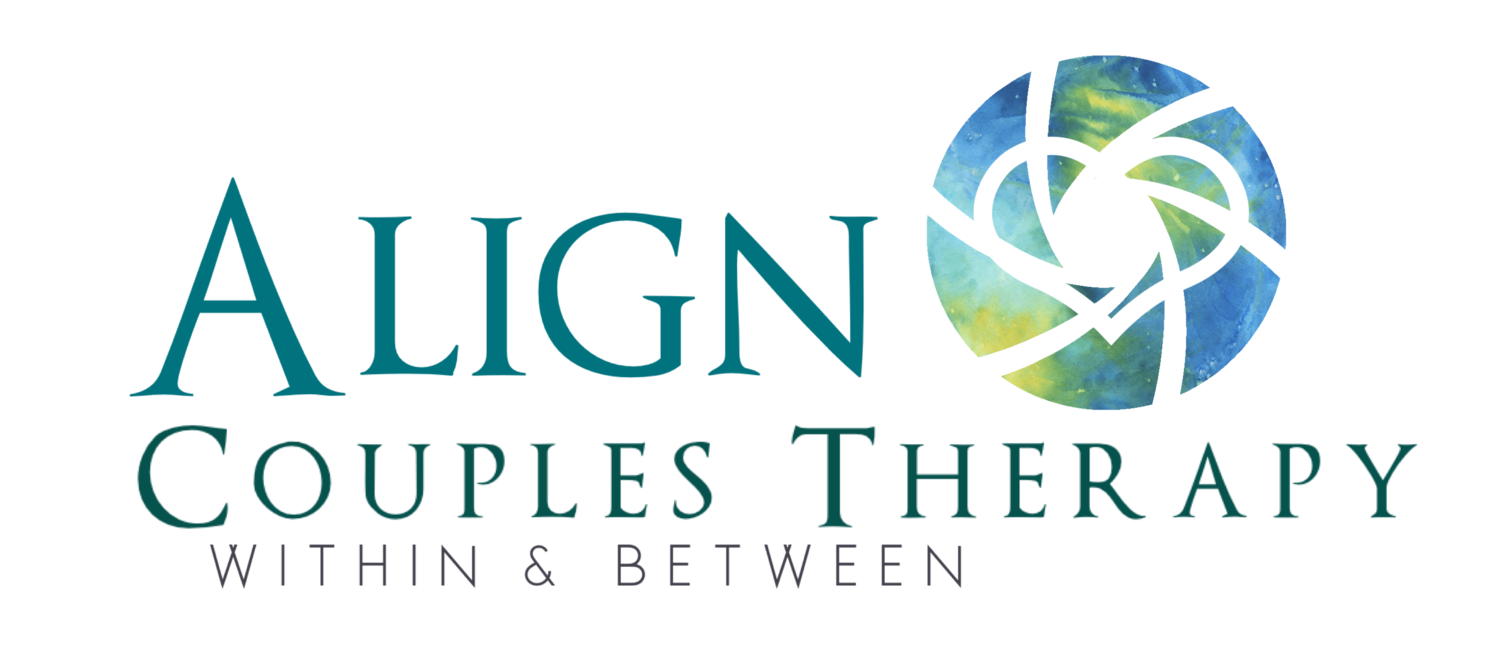Mental flexibility and emotional resilience begin to develop by targeting the present moment and intentionally moving toward meaning and productivity. This transforms anxiety and depression into manageable visitors in our lives that pass through from time-to-time. One tool to complete this task in to utilize mindfulness and gratItude. Take time to foster a growth mindset and work to build a sense of gratitude in the midst of hardship. Researchers have found that people who reported engaging in gratitude practices report experiencing less physical discomfort, improved sleep, fewer symptoms of anxiety and depression, and enhanced personal and professional functioning (Chowdhury, 2020; Harvard Publishing, n.d.).
One way to work on building gratitude during hard times is to keep a gratitude journal where you can identify the things that you are thankful for or that bring you pleasure. If you are a young mother, for example, the mess your kids make may make you very overwhelmed and anxious. These feelings are normal, but we don’t want to get stuck in them, so try to pivot to focus on what you might be grateful for: Your healthy kids, your home to get messy, the fun they had creating the mess, etc.
But, please understand that when we are in crisis, we are wired to scan for threat and not gratitude. So this isn’t going to feel easy, especially during pandemics, economic/societal unrest, winter storms, and on and on.
To put it in the context of the social situation in our country today, we can understand that we might initially scan for threat, but if we shift focus, we might be able to become thankful for a catalyst for change. We can also use this as an opportunity to cultivate a socially responsible and compassionate growth mindset: Improving how we communicate, behave, understand and support one another. We are built for connection. This is particularly important because frequently, when we get stuck in anxiety or depression, we also become more isolated, losing the opportunity to connect with others and become stuck in a rigid way of thinking or behaving.
Counseling provides a non-judgmental place to work through complex emotions and situations to help recognize unhelpful patterns and relationships, which allows for greater awareness of our thoughts, behaviors, and current situations. This increased awareness opens the door to developing more helpful ways of relating to others, responding to our feelings, and a better understanding of life situations, and these skills enable us to begin pursuing ways to live our best life.
If you are ready to explore ways to cultivate gratitude and work on establishing a growth mindset, check out: Mindset by Carol Dweck, Ph.D., and Start with Why and Find Your Why by Simon Sinek. There are many apps that help you build a practice of gratitude; these will catalogue not only your grateful words, but you can add images and videos. Practicing gratitude this way not only shifts your focus in the present, but also helps you remember what you were grateful for in the past.
Another way to work on creating a growth mindset and a sense of gratitude may include working with a counselor to identify areas that contribute to feelings of anxiety and depression, learning coping skills to disrupt and manage those emotions, as well as to work on ways to become more mentally flexible and resilient. If this is something you're interested in, please consider giving Align Couples Therapy a call today.
References
Chowdhury, M. (2020, May 12). The Neuroscience of Gratitude and How It Affects Anxiety & Grief. Retrieved July 06, 2020, from https://positivepsychology.com/neuroscience-of-gratitude/
Harvard Publishing. (n.d.). Giving thanks can make you happier. Retrieved July 06, 2020, from https://www.health.harvard.edu/healthbeat/giving-thanks-can-make-you-happier





